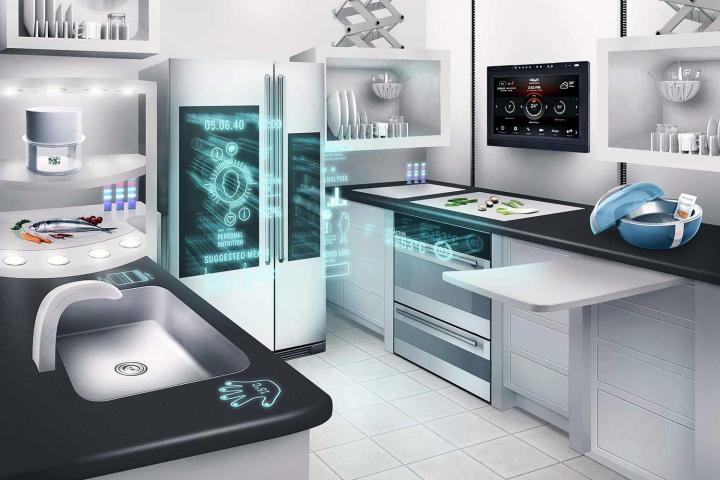
Consumer Reports –arguably the oldest and most trusted product review publication on the face of the planet– has finally weighed in on the connected home. For its recently-released June issue, the organization tested out a broad range of different smart home products, including some of the most popular gizmos in the game, as well as a few that you’ve probably never heard of. Over the course of the past few months, they painstakingly analyzed all these gadgets to find out which ones actually improve your life and are worth buying, and which ones make life more complicated and should therefore be avoided.
CR’s findings aren’t exactly what you’d expect. In the “worth buying” category, the magazine names a handful of products that are relatively obscure. First up is the TCP connected lighting system — a fairly inexpensive ($50) and bare-bones smart lighting system that allows you to set on/off schedules and control your lights remotely. Also included is a connected generator monitor from Generac ($3,500) that can send you smartphone notifications, and a Z-Wave compatible water valve controller that allows you to remotely shut 
In the “never mind” category, CR recommends you avoid the Nest Learning Thermostat and Nest Protect smoke detector. Despite being extremely popular, Consumer Reports argues that the Learning Thermostat is difficult to install, and setup isn’t as intuitive as other connected thermostats on the market. When testing Nest Protect, CR found that the device lacks an ionization sensor, so it’s great at detecting smoldering fires with a lot of smoke, but not so great at fast, flaming fires.
Also included in the “never mind” category were a number of smart ovens from the likes of GE and Dacor. Somewhat unsurprisingly, CR found that the ability to preheat your oven on your drive home isn’t worth the exorbitant price tag attached to these devices. Same goes for a $5,685 smart toilet that toilet will open at your approach, play music, flush automatically, close its lid, and clean itself when you’re done — the features simply aren’t worth the high price.
There were also a number of products included that Consumer Reports couldn’t make up it’s mind on — namely the Philips Hue connected lighting system and Belkin WeMo light switch. CR liked Hue’s functionality, but wasn’t so pumped about the high price, and found a similar trade off with WeMo.
We’re not sure we agree with them on every point in the report, but at any rate, it’s definitely nice to see smart home tech get some attention from such a trusted, mainstream publication.
What’s your take? Did CR hit the nail on the head, or miss the mark? Let us know in the comments below.



